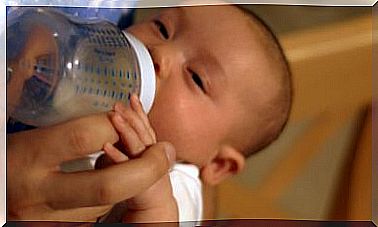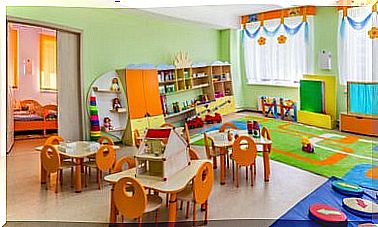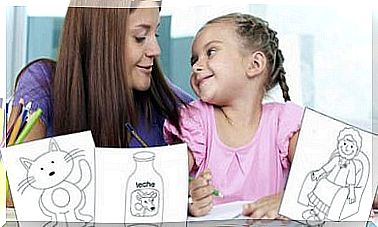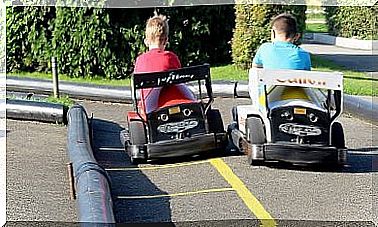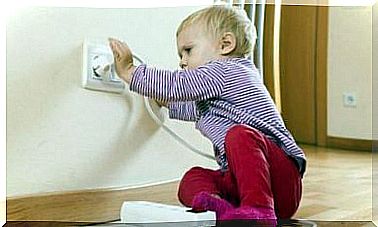5 Habits That Your Child Will Need For Life

The first of the habits that will serve your child throughout his life is self-respect. If he learns to respect his emotions, his body and his whole being, he will not hurt himself and he will not allow anything or anyone to harm him.

Let’s see, in practice, five good habits that will change his and your life.
1. Learn to have breakfast
Breakfast is the most important meal of the day, one that will support the body to kickstart any activity. Before breakfast, teach your child to drink two glasses of water: it will prepare the stomach to welcome and transform the food.
By eating early in the morning, your child will have the energy to do whatever they want during the day. This habit will improve your metabolism and performance. A good choice is to consume whole grains, yogurt, and fruit.
It may seem obvious to point out that it is essential to have breakfast every day, but data from the World Health Organization (WHO) shows that skipping breakfast is increasingly common among children and adolescents around the world.
Only half of children routinely eat breakfast in some countries (Austria, Czech Republic, Greece, Hungary, Malta, Romania, Slovakia and Slovenia), and skipping it is one of the common bad habits across Europe among teenagers, especially girls, and in disadvantaged families.
“Poor nutrition can reduce immune defenses, increase vulnerability to disease, impair physical and mental development and reduce productivity.”
– World Health Organization (WHO) –

2. Follow a balanced diet
Habit number two is related to the first, but remember that phrases like “We are what we eat” are so true that they repeat themselves like mantras. Make the table a party, vary the foods every day, include all kinds, colors and flavors possible.
Here are a number of good habits: Teach your child to consume low-fat yogurt and fresh cheeses ; make him prefer white meats like fish and chicken; reduce your intake of fried and breaded foods as much as possible.
3. Exercise
Exercising offers many benefits, not just physical. Running, walking, jumping, swimming, as well as keeping your child in top shape, are good habits that will help him be happy. It is possible to forget about stress and bad mood by practicing some kind of physical exercise every day for an hour.
In addition to keeping your child fit, exercise will help strengthen bones, arteries, circulation and memory.
Experts argue that such activities have the same effect as an antidepressant in improving the mood. And if your child isn’t good at any of these sports, put on a pair of trainers and walk briskly together. Exercising will help him think more and better, without distress and with the pleasure of endorphins.

4. Laugh
Positive people have been shown to live longer, their immune systems are stronger, and they are less likely to get sick. All of us parents want our children to be happy, but the truth is that few know how to be happy.
Happiness is achieved by working on it, not by sitting at home. People who exercise regularly are happy because the brain releases serotonin, endorphins and oxytocin, generating a feeling of happiness.
Allow your child to experience what makes them happy, what they like, what activities they do best. This will make him happy, not just now, but always. Feeling capable, confident and confident gives us joy, makes us laugh, and that’s healthy.
5. Teach them to invest more in experiences than things
Let’s face it: society invites us to consume, with the illusion or the promise that by purchasing certain objects we will be happy, we will feel satisfied and satisfied.
But the truth is, many end up with their homes and closets full of things they don’t need and their bank accounts run dry. With this attitude you will only get your child to learn to waste time and money.
It has been scientifically proven that 75% of people feel happier when they spend money on recreational trips and outings or courses that fuel the intellect, while only 34% achieve some level of gratification when buying material things. Happiness is in experience, in physical or intellectual pleasure, in the emotional connection that is established with other people.
